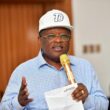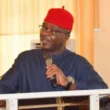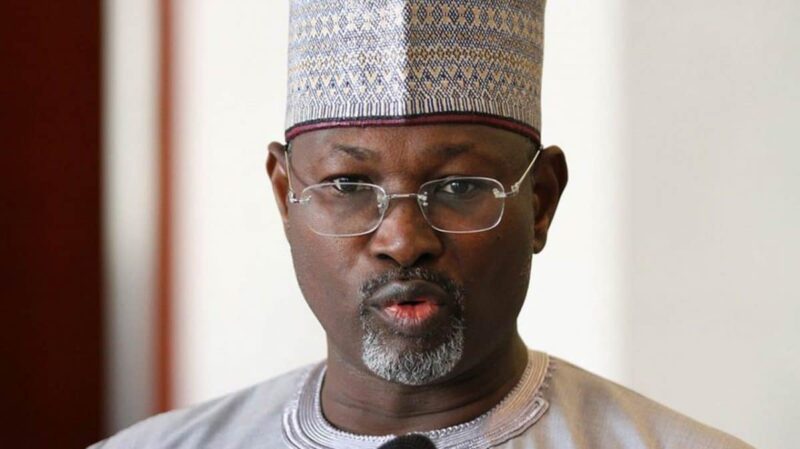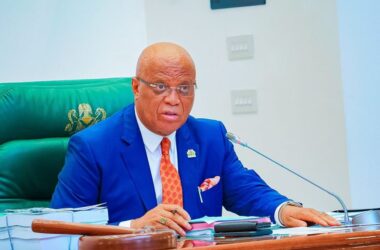Former Chairman of the Independent National Electoral Commission (INEC), Professor Attahiru Jega, has warned that Nigeria’s democracy is under serious threat, despite nearly 30 years of uninterrupted civilian rule. Speaking at the June 12, 2025 edition of The Platform Nigeria, hosted by The Covenant Nation Global in Lagos, Professor Jega described the current state of governance in Nigeria as “elected autocracy.”
Presenting a paper titled “Required Reforms for Stronger Democratic Institutions in Nigeria,” the political scientist and academic from Bayero University, Kano, noted that Nigeria has managed to perform democratic rituals such as elections, campaigns, and peaceful handovers of power. However, he said the country has failed to build the real substance of democracy, which includes strong institutions, servant leadership, and public trust.
According to him, elected leaders have often become the biggest threat to the democracy they are supposed to protect. “We are stuck in a vicious cycle,” Jega said, where those in power manipulate systems, weaken institutions, and operate without accountability.
He pointed to the constitutional immunity clause as one of the biggest obstacles to justice and good governance. Originally designed to protect top officials from distractions during their time in office, Jega argued that it now serves as a shield for corruption and abuse. “They know that for four or eight years, they are above the law,” he said, calling for the clause to be removed to allow real-time accountability.
But removing immunity is only a starting point. Jega stressed the need to reform the judiciary, which he said has been weakened by political interference, underfunding, and untransparent appointments. “A democracy without an independent judiciary is like a car without brakes,” he warned.
To restore trust in the judicial system, Jega recommended that all election disputes be resolved before winners are sworn in. He also pushed for a merit-based process for appointing judges, and an end to conflicting court orders, which he said are often used by desperate politicians to manipulate the legal system.
He also noted that a healthy democracy needs a free and responsible press. In Nigeria, however, journalists often work under fear, are denied access to public information, or are used as tools by political actors. “If the press cannot freely investigate, question, and report without fear, then democratic oversight collapses,” he said.
On elections, Professor Jega acknowledged improvements made by INEC in using technology but criticized the institution’s heavy workload and questioned its independence due to executive control over leadership appointments. He suggested unbundling INEC so it can focus only on conducting elections, while separate bodies handle prosecutions and party regulation.
Jega further stated that too much power is concentrated in the executive arm of government, both at federal and state levels. This, according to him, has led to unchecked spending, crony appointments, and lack of oversight. He urged the government to cut down the number of political appointees, enforce strict budget compliance, and raise ethical standards in public service.
The solution, he said, also lies in the hands of citizens. Jega urged Nigerians to reject vote buying, tribal politics, and handout culture. “Democracy belongs to the people, but only if the people claim it,” he said.
He also called for inclusive reforms that would allow Nigerians in the diaspora to vote, introduce early voting for essential workers, and guarantee representation for women, youth, and persons with disabilities. Without inclusion, he said, democracy cannot be called genuine.
Concluding his remarks, Jega stated that Nigeria doesn’t just need regular elections — it needs a complete democratic reset. “Let the reforms begin. Let the people rise. Let democracy, finally, be real,” he declared.










